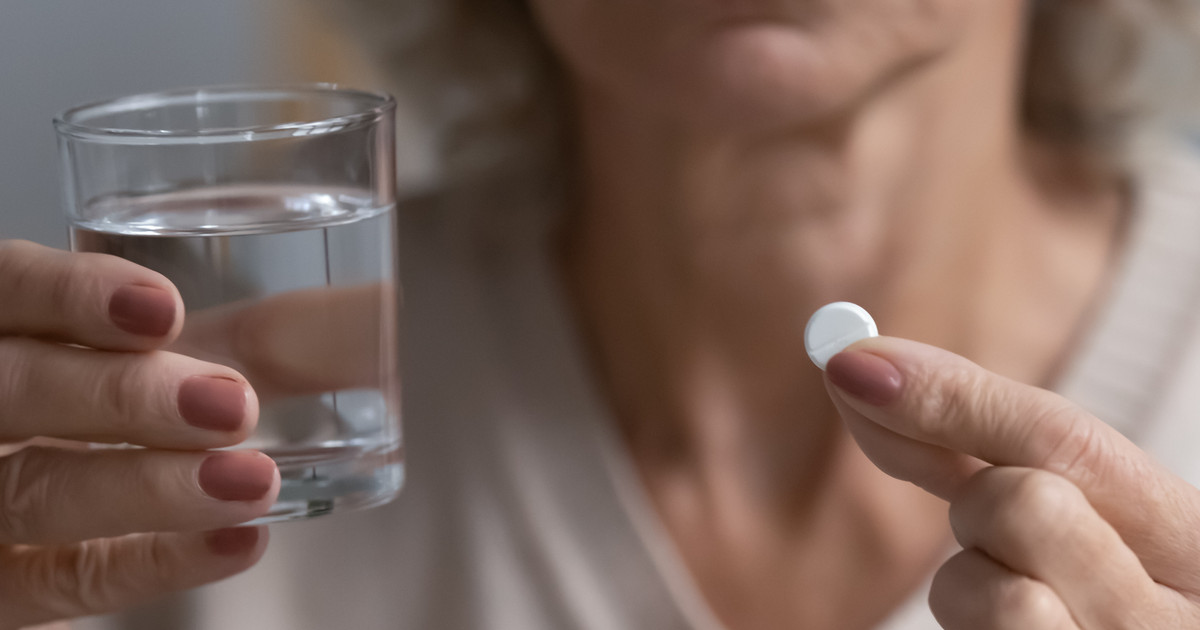Overview Of The Best High Blood Pressure Medications
High blood pressure is a blood pressure reading that is over 120/80 mmHg. It occurs when an individual's heart must work harder than normal in order to pump enough blood through the blood vessels to other regions of their body. This is what makes the pressure in the individual's arteries rise. Unfortunately, high blood pressure is a significant risk factor for several conditions. For example, it is the biggest risk factor for stroke. High blood pressure significantly increases an individual's risk of heart disease and diabetes as well.
Patients need to receive high blood pressure treatment. Many patients will try home care for high blood pressure and engage in natural remedies. Examples of such remedies include making dietary adjustments, starting a weight loss program, and drinking more water. Some will also try Chinese herbs for high blood pressure. Of course, there are also medical options, including biofeedback for high blood pressure and prescription medication for high blood pressure. Uncover information on the most common blood pressure medications now.
Amlodipine

Amlodipine lowers blood pressure by dilating blood vessels to improve blood flow. It belongs to a class of medicines called calcium channel blockers. Patients who are at least six years old can take this medication. It is a common treatment for both hypertension and chest pain. Before starting treatment, patients should let their doctor know if they have ever had liver disease, congestive heart failure, or aortic stenosis. Individuals with chest pain (angina) may notice increased pain when they first start taking this drug.
Patients will have follow-up appointments to monitor their blood pressure during treatment. Of course, this medication has side effects. The most common include stomach pain, nausea, skin flushing, dizziness, and drowsiness. This medication also has several drug interactions. Thus, patients should review their current medications with a doctor. It is vital to include other medicines for heart or blood pressure issues, especially nitroglycerin and simvastatin, on this list.
Losartan

Losartan is part of a drug class called angiotensin II receptor antagonists. It reduces blood pressure by preventing the narrowing of the blood vessels. This medication treats high blood pressure and reduces the risk of heart attacks and strokes. It may also be prescribed to slow the progression of chronic kidney damage in individuals with type 2 diabetes and high blood pressure. Of course, patients should review their medical history with their doctor before taking this medication. It is vital to review any history of kidney disease, liver disease, electrolyte imbalances, dehydration, or congestive heart failure. It can take between three to six weeks for this drug to reduce blood pressure.
Patients should not use potassium supplements or salt substitutes while they are on this medicine. They should also avoid alcohol consumption. Since this medicine can cause lightheadedness and increase the risk of falls, patients must take extra care when they stand up from a sitting or lying position. Insomnia, dry coughs, muscle cramps, stomach pain, sore throat, and back pain are common side effects of this drug. Finally, this medication also has many interactions. Examples include acetylsalicylic acid, lithium, diuretics, and other blood pressure medicines.
